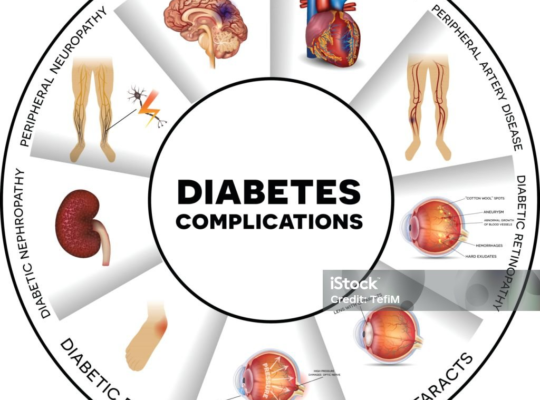
Introduction:
Losing weight is a common goal for many individuals seeking to improve their health and well-being. However, achieving sustainable weight loss requires more than just following a fad diet or undergoing a drastic lifestyle change. Instead, it involves adopting a balanced approach that focuses on long-term habits and behaviors. In this article, we’ll explore five key principles of sustainable weight loss that can help you reach your goals while prioritizing your overall health and wellness.
- Set Realistic and Achievable Goals:
The first step in achieving sustainable weight loss is setting realistic and achievable goals. Rather than aiming for rapid, dramatic weight loss, focus on making gradual, sustainable changes to your lifestyle. Set specific, measurable goals that are within your control, such as losing a certain number of pounds per week or increasing your daily activity level. By setting achievable goals, you’ll be more likely to stay motivated and maintain your progress over time. - Adopt a Balanced and Nutritious Diet:
A balanced and nutritious diet is essential for sustainable weight loss and overall health. Instead of following restrictive diets or eliminating entire food groups, focus on consuming a variety of nutrient-dense foods that nourish your body. Fill your plate with plenty of fruits, vegetables, whole grains, lean proteins, and healthy fats. Aim to include a balance of macronutrients (carbohydrates, protein, and fat) in each meal to help keep you satisfied and energized throughout the day. - Practice Mindful Eating:
Mindful eating involves paying attention to your body’s hunger and fullness cues, as well as your emotions and cravings, while eating. Rather than mindlessly consuming food in front of the TV or computer, take the time to savor and enjoy each bite. Eat slowly, chew your food thoroughly, and tune in to how your body feels before, during, and after meals. By practicing mindful eating, you can develop a healthier relationship with food, reduce overeating, and make more conscious food choices. - Incorporate Regular Physical Activity:
Regular physical activity is a key component of sustainable weight loss and overall health. Aim to incorporate a combination of cardiovascular exercise, strength training, and flexibility exercises into your weekly routine. Choose activities that you enjoy and that fit your lifestyle, whether it’s brisk walking, cycling, swimming, yoga, or dancing. Aim for at least 150 minutes of moderate-intensity aerobic activity or 75 minutes of vigorous-intensity aerobic activity per week, along with muscle-strengthening activities on two or more days per week. - Practice Consistency and Persistence:
Consistency and persistence are essential for achieving and maintaining sustainable weight loss. While it’s normal to experience setbacks and challenges along the way, it’s important to stay committed to your goals and keep moving forward. Focus on making small, manageable changes to your lifestyle that you can maintain over the long term. Be patient with yourself and celebrate your progress, no matter how small. Remember that sustainable weight loss is a journey, not a destination, and that every step you take toward your goals is a step in the right direction.
Conclusion:
Sustainable weight loss is achievable with the right mindset, strategies, and support. By setting realistic goals, adopting a balanced diet, practicing mindful eating, incorporating regular physical activity, and staying consistent and persistent, you can achieve lasting results while prioritizing your overall health and well-being. Remember that weight loss is not just about reaching a number on the scale, but about feeling confident, strong, and empowered in your body. So embrace the journey, celebrate your progress, and commit to making healthy choices that support your long-term success.







